- Two civilians killed, two injured in junta airstrike on Ramree village
- Bo Nagar’s defection raises security fears for resistance forces in Myanmar’s heartland
- Weekly Highlights from Arakan State (Feb 2 to 8, 2026)
- Freedom of expression curtailed in resistance-controlled areas, report finds
- Conflict leaves Arakan’s historic pagodas in ruins as restoration stalls
Irresponsible waste disposal in Arakan State rivers rises
Residents of Kyauktaw Town as well as in villages along the river use water from the Kaladan River. There have been public health concerns due to the increased waste disposal into the river.
11 Nov 2024
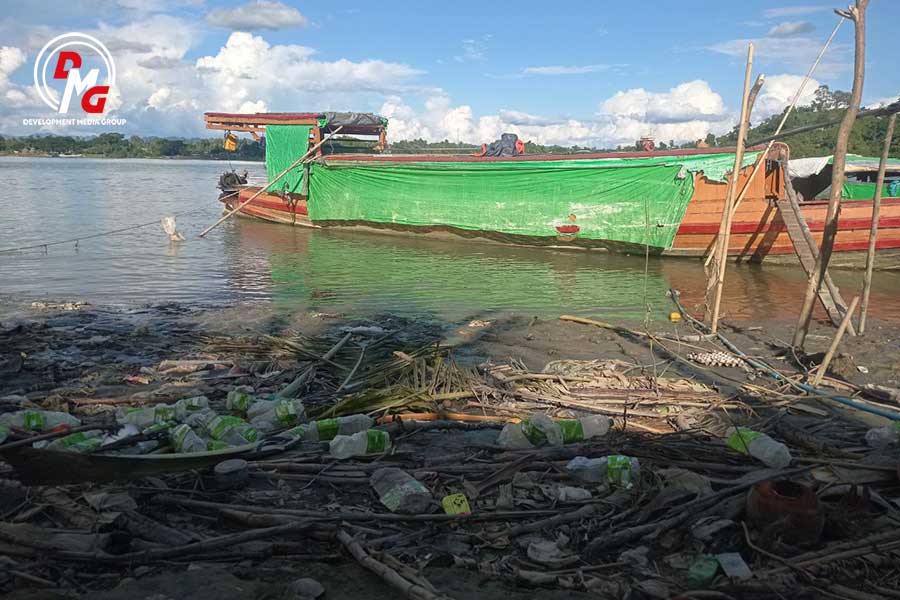
DMG Newsroom
11 November 2024, Sittwe
Activists have called for action to curb increasing waste disposal into rivers and creeks in Arakan State.
They have warned of rising water pollution in the Kaladan and Lemyo rivers caused by irresponsible waste disposal and littering, and called for urgent action to stop contamination in the two rivers, which provide a valuable source of freshwater to surrounding communities.
Residents of Kyauktaw Town as well as in villages along the river use water from the Kaladan River. There have been public health concerns due to the increased waste disposal into the river.
"People rely on this river for drinking water, and there can be health consequences if the water is not clean," said one Kyauktaw resident. "There are displaced people taking shelter in the town, and the large population size makes it difficult to control dumping waste into the river."
Waste in the form of littering including plastic bags has also been reported in the Lemyo River. Residents are concerned that the area's water resources will be degraded over time.
"Every village dumps waste into the Lemyo River. Plastic bags in particular have caused water pollution and depletion of fish stocks. It can cause diarrhoea in both humans and animals that consume the water," said one resident.
In Arakan State, it is common for people to dump waste into nearby creeks and rivers due to a lack of systematic waste disposal systems, and little knowledge about proper waste disposal.
Environmental organisations say their conservation efforts have been hampered by armed conflicts in Arakan State.
Kyauktaw Youth Association executive director Ma Thin Ei Darlu said: "Previously, we carried out education campaigns about the risk of dumping waste into rivers and [the importance of] waste sorting. We can't do such campaigns now though. We want the United League of Arakan/ Arakkha Army to cooperate with us in raising public awareness about proper waste disposal."
Dumping waste into water sources can contaminate the water, affecting the lives and reproduction of aquatic animals. Humans who consume these aquatic animals and plants thereafter can develop health problems of their own, research has shown.
According to a survey by the research vessel Dr. Fridtjof Nansen of Norway, which visited coastal Myanmar in 2018, the amount of microplastics in the Arakan coastal region is comparatively elevated. Microplastics tend to accumulate on and around underwater plants that are a basic building block of marine life food chains.




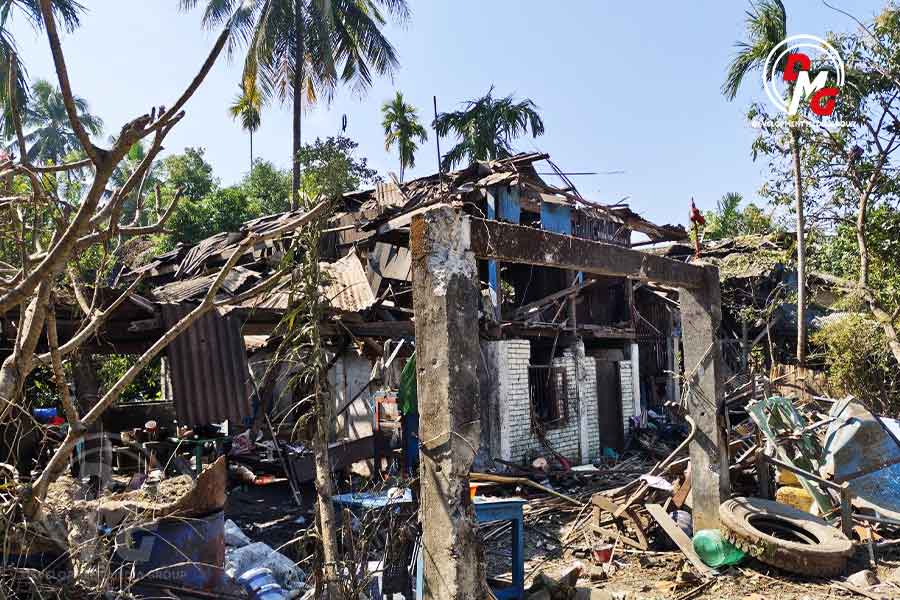

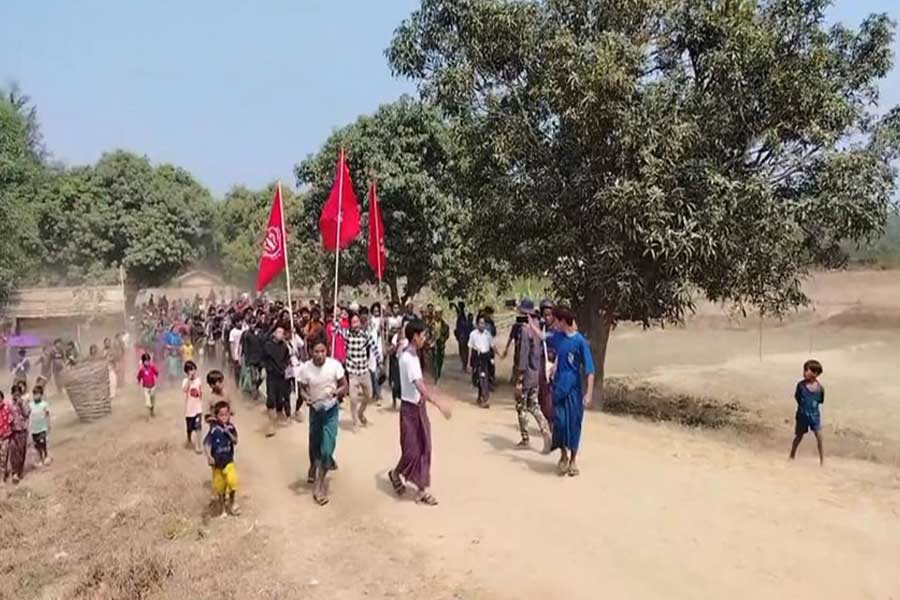
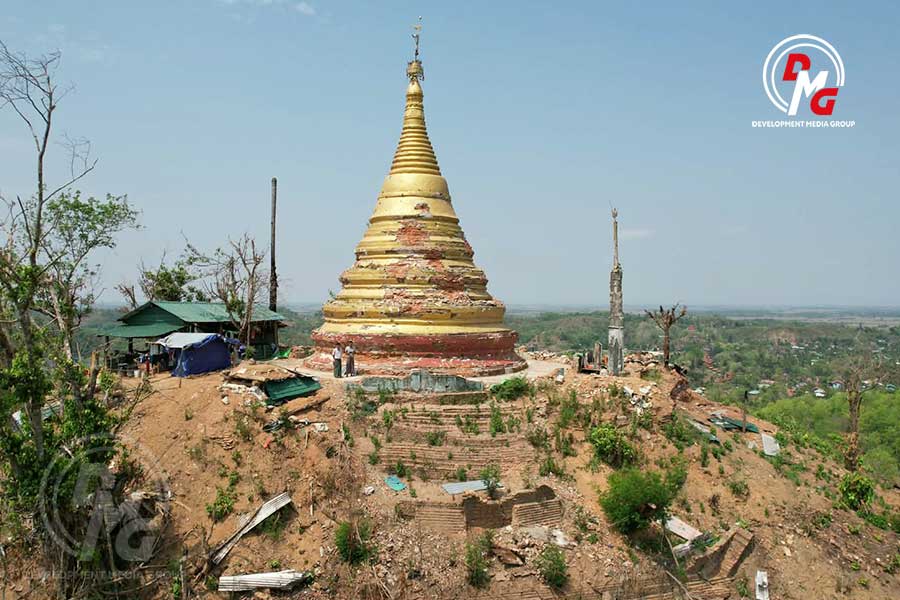
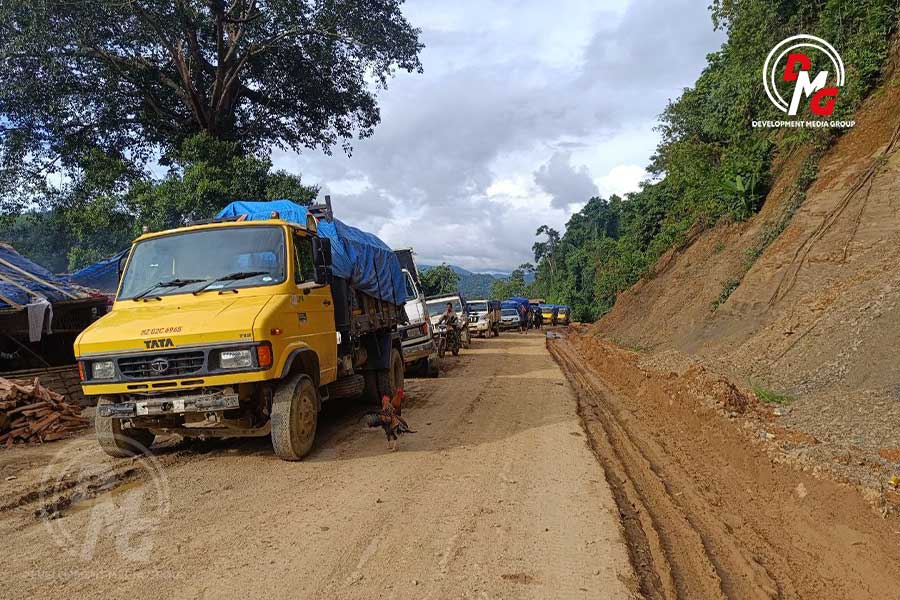







.jpg)
